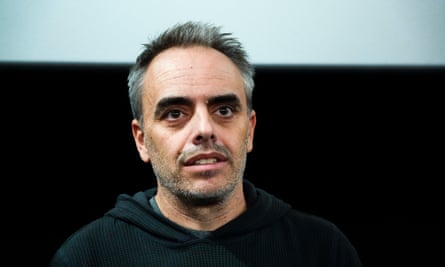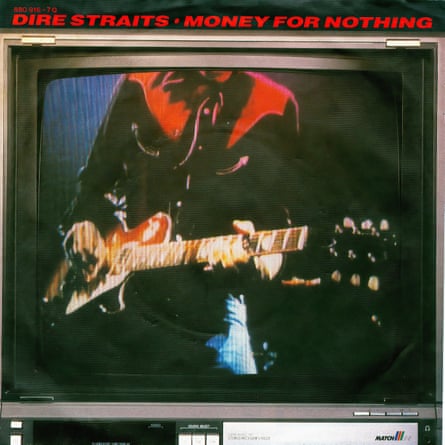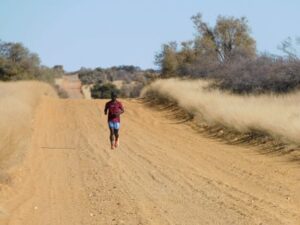10. The Russians Are Coming, the Russians Are Coming (1966)
Eva Marie Saint’s character and her playwright husband (Carl Reiner) play two of the islanders sent into a tizzy when a Soviet submarine runs aground on the New England coastline where they are on holiday. This cold war farce was a hit back in the days when you could play a Russian invasion for comedy. Now it just makes the similarly themed 1941 seem a laugh riot by comparison.
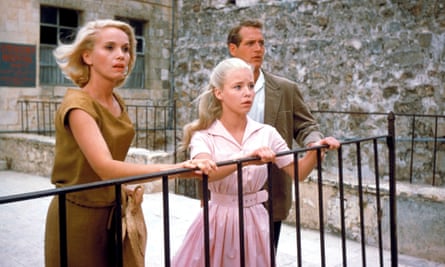
9. Exodus (1960)
An unfeasibly fresh-faced Saint plays a naive American nurse who, in 1946, becomes embroiled in Paul Newman’s fight to establish the state of Israel. Fact-based fiction or Zionist propaganda? Either way, Otto Preminger’s epic, adapted by the formerly blacklisted writer Dalton Trumbo from Leon Uris’s bestseller, is simplistic, exposition-heavy and lumbers on for ever. As the comedian Mort Sahl once said, “Otto, let my people go!”
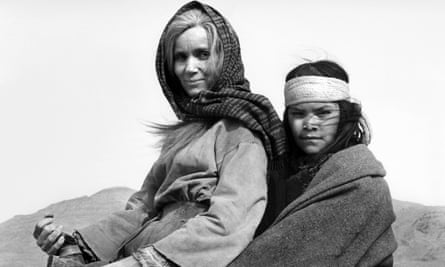
8. The Stalking Moon (1968)
With a 1,000-yard stare mostly substituting for dialogue, Saint plays a white woman who, with her mixed-race son, is “rescued” from the Apaches by the US army. Gregory Peck is the scout escorting them to safety. But the boy’s ninja-like father is on their trail, slaughtering everything that moves. A great setup, and the landscape is stunning, but the characters are underdeveloped.
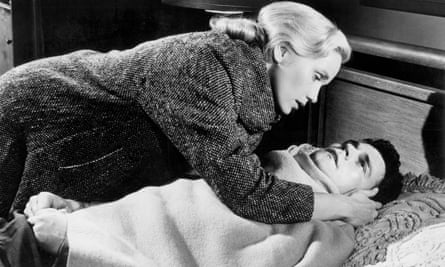
7. A Hatful of Rain (1957)
Saint got top billing on her third film, adapted from a Broadway play, for her strong-willed performance as a pregnant wife who suspects her husband is having an affair. But no! It turns out that the Korean war has turned him into a junkie! Daring for its era, but this earnest drama only catches fire when Henry Silva and William Hickey are hamming it up as drug dealers.
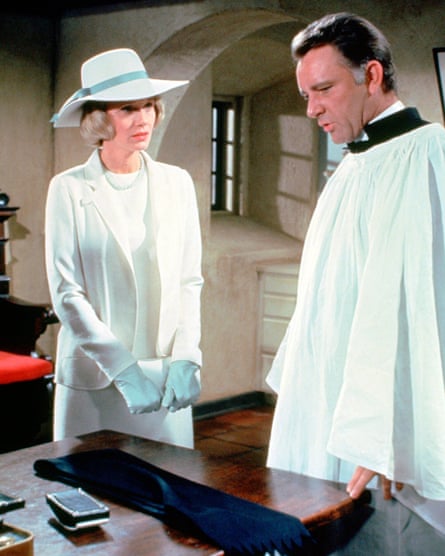
6. The Sandpiper (1965)
Saint’s comfortable marriage to headteacher Richard Burton is rocked by his attraction to a free-spirited artist chick and single mother who lives in a beach house in California. Not for the first time (see Raintree County, 1957), Marie’s diligent performance is somewhat eclipsed by the voluptuous force of nature that is Elizabeth Taylor.
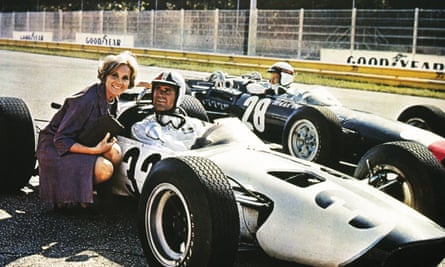
5. Grand Prix (1966)
Predictably, the spectacular race footage in John Frankenheimer’s Formula One epic overshadows the off-track soap opera antics of the drivers and their womenfolk. But Saint puts up a creditable show as the American journalist who falls for jaded champ Yves Montand, and finally gets to let rip with some heartbreaking emotion.
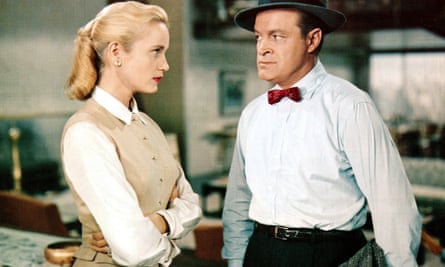
4. That Certain Feeling (1956)
Saint looks so adorable in Edith Head’s chic businesswoman outfits that you wish she had let her hair down more often in frivolous romcoms like this. Bob Hope almost underplays her neurotic ex-husband, hired to draw cartoons for her famous fiance (George Sanders, hilarious), whose syndicated comic-strip has lost its mojo. Pearl Bailey steals all her scenes as a matchmaking housekeeper.
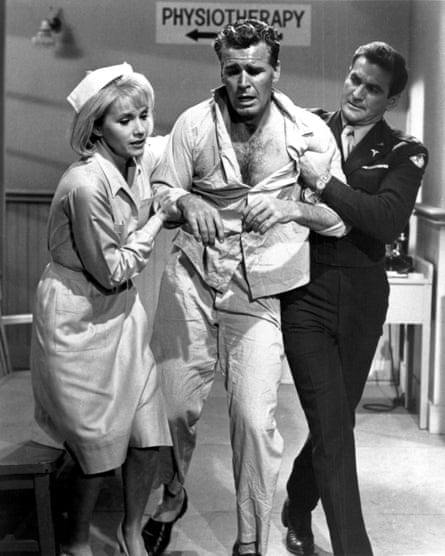
3. 36 Hours (1964)
Just before D-day, a US army major (James Garner) is kidnapped by Nazis and wakes up in a hospital six years later. Saint is terrific as the German nurse who helps him to dredge up lost memories. This Twilight Zone-ish thriller, based on a Roald Dahl story, shows its hand early on, but the psychological duel between Garner and his clinician (Rod Taylor) is gripping.
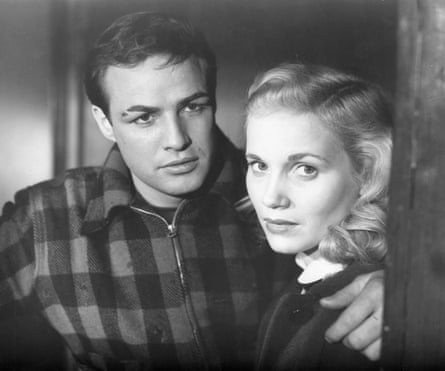
2. On the Waterfront (1954)
Saint won an Oscar for best supporting actress with her very first screen performance. Despite looking eerily like Carolyn Bessette-Kennedy, she is the steely moral centre of the film, setting the plot in motion by seeking justice when her whistleblowing brother is murdered by union mobsters and giving Marlon Brando’s conflicted hero a new sense of purpose.
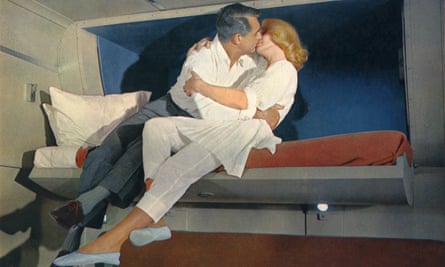
1. North By Northwest (1959)
“You don’t cry in this one. There’s no sink,” said Alfred Hitchcock, referring to the kitchen sink dramas for which the method-trained Saint was best known when the director cast her against type as femme fatale to Cary Grant’s man-on-the-run in his peerless action-comedy. And she is sensational as the archetypal Hitchcock blonde: witty, soignée, duplicitous, ultimately heroic – and trading double entendres with her leading man in one of the sexiest train conversations in film history.
Source: theguardian.com









